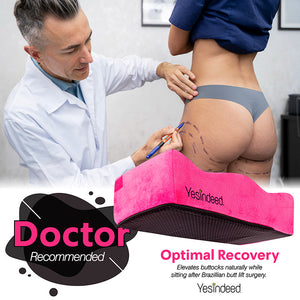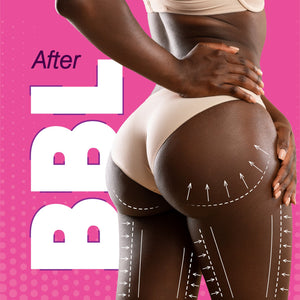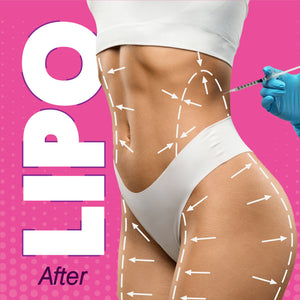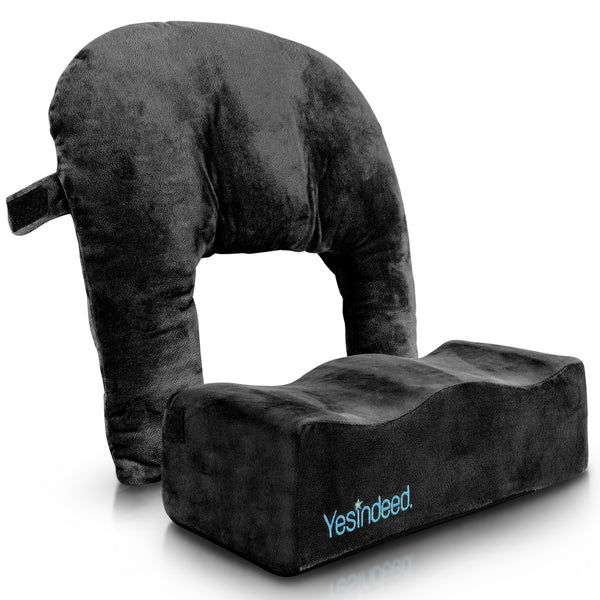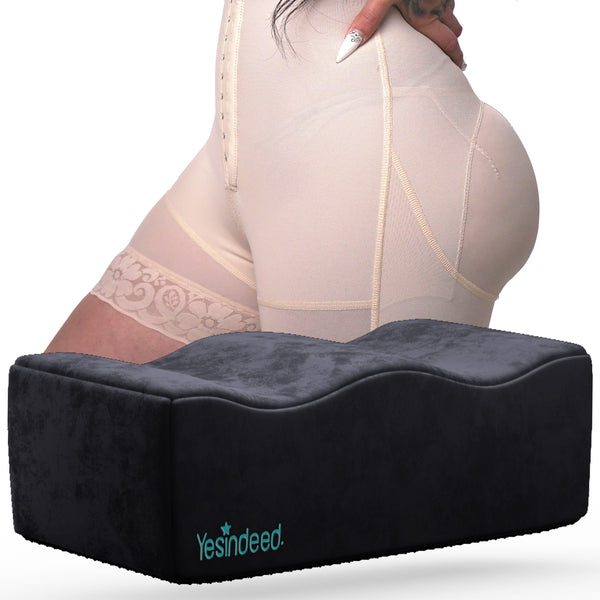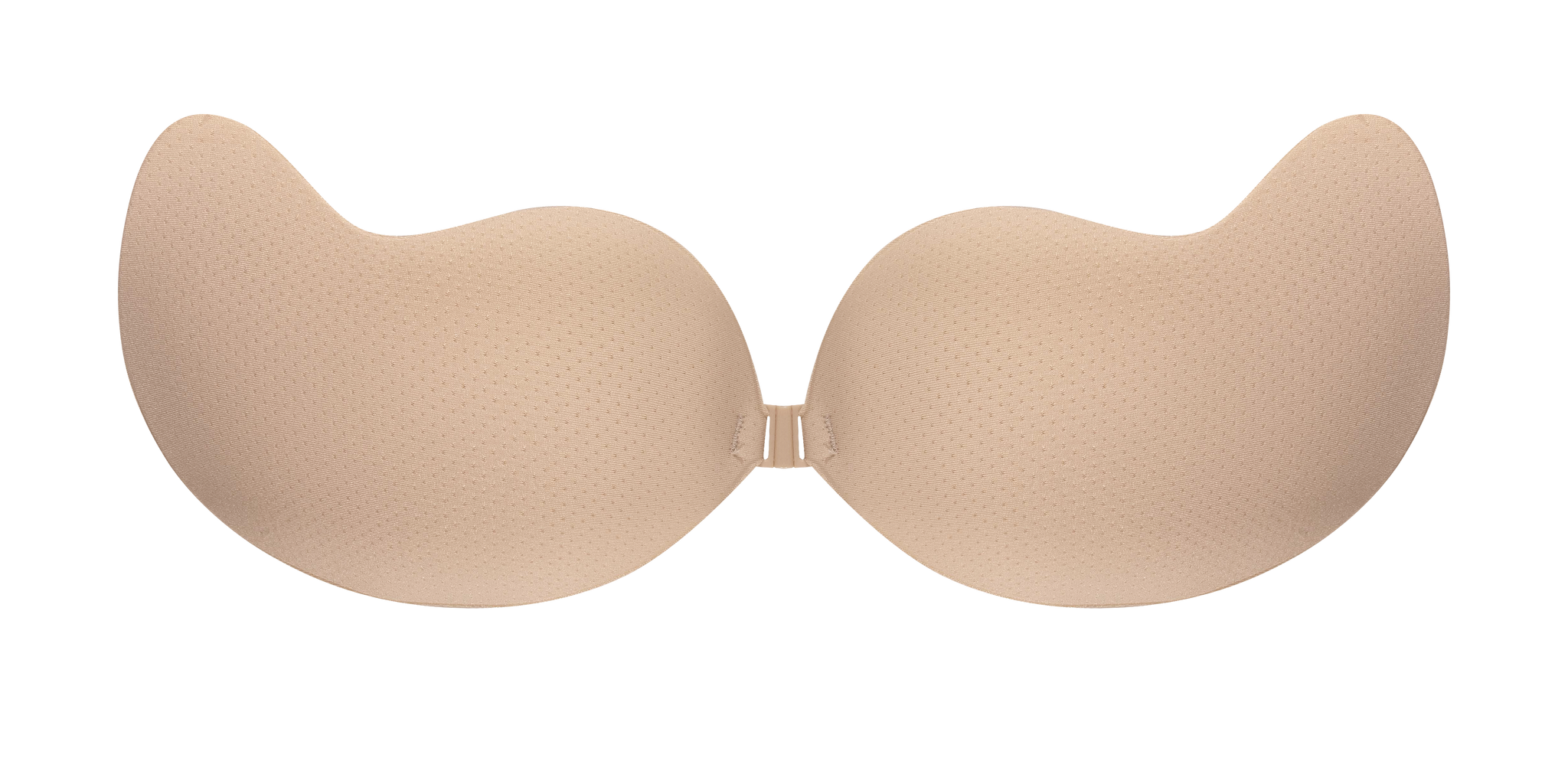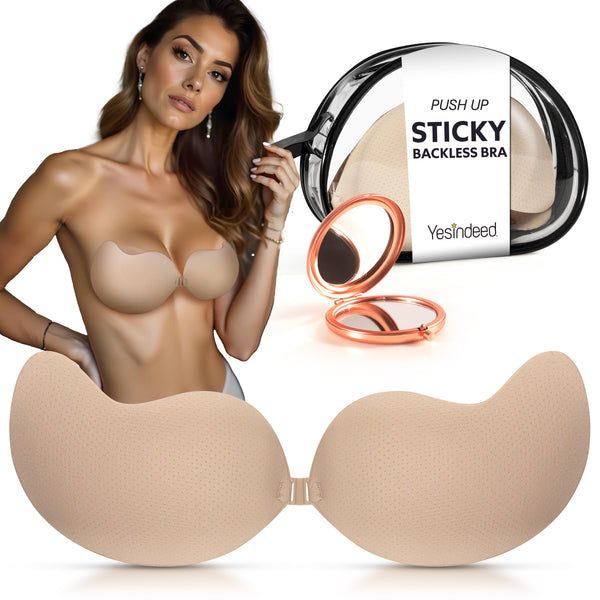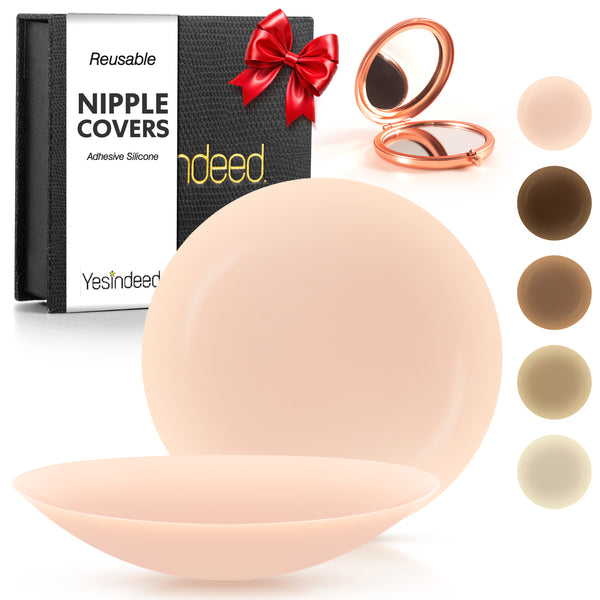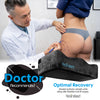Liposuction, a popular cosmetic procedure aimed at sculpting the body by removing excess fat, has gained immense popularity over the years. However, like any surgical intervention, it has potential side effects and complications, including neuropathic pain. Nerve pain after liposuction can be distressing, but effective methods exist to manage and alleviate it. This comprehensive guide will delve into the causes of nerve pain post-liposuction and provide valuable insights into various treatments and preventive measures.
Understanding Nerve Pain After Liposuction

Nerve pain, or neuropathic pain, can occur as a result of liposuction due to several factors. A cannula is inserted into the body to suction out fat cells, which might mistakenly injure or irritate adjacent nerves. Furthermore, the tumescent solution injected into the targeted area, containing anesthetics and epinephrine, can exert pressure on nerves, triggering discomfort. Understanding the root causes of nerve pain is pivotal in determining the most suitable treatment approach.
Symptoms Of Nerve Pain
Identifying the symptoms of nerve pain after liposuction is crucial for early intervention. Patients may experience a range of sensations, including:
- Burning Sensation: A persistent, burning pain in the treated area.
- Tingling and Numbness: Nerves may become hypersensitive or numb, leading to altered sensations.
- Electric Shock-like Pain: Sudden, sharp, shooting pains radiating from the surgical site.
- Hyperalgesia: An increased sensitivity to pain, where even light touch can be excruciating.
It is imperative for individuals undergoing liposuction to report any unusual sensations to their healthcare provider promptly.
Nerve Pain Treatment Options

Managing nerve pain after liposuction necessitates a multi-faceted approach. Here are some effective treatment options:
- Pain Medications: Non-steroidal anti-inflammatory drugs (NSAIDs) and prescription painkillers can relieve discomfort.
- Physical Therapy: Massage, ultrasound, and light exercises are examples of physical therapy procedures that can help improve circulation and reduce discomfort.
- Nerve Blocks: Nerve blocks, where an anesthetic is injected near the affected nerve, can offer temporary relief by blocking pain signals.
- Topical Analgesics: For localized alleviation, lidocaine or capsaicin creams or patches can be applied to the afflicted area.
- Neurostimulation: Advanced therapies like transcutaneous electrical nerve stimulation (TENS) units can help modulate pain signals.
- Lifestyle Modifications: Avoiding strenuous activities and adhering to a healthy diet can contribute to the healing process.
Preventive Measures
Preventing nerve pain after liposuction is preferable to treating it. Patients should consider these preventive measures:
- Choose a Skilled Surgeon: Opt for a board-certified plastic surgeon with ample experience in liposuction procedures to minimize the risk of nerve damage.
- Proper Post-Operative Care: Follow all post-operative instructions diligently, including wearing compression garments and attending follow-up appointments.
- Monitor Symptoms: Be vigilant and report any unusual sensations promptly to your healthcare provider.
- Avoid Smoking: Smoking can impair circulation and hinder healing, increasing the risk of complications.
- Maintain a Healthy Lifestyle: A healthy diet and regular exercise can improve general health and speed recovery.
Additional Considerations
In addition to the primary aspects outlined above, there are some other crucial considerations to keep in mind when dealing with nerve pain after liposuction:
Patient Education: Patients should seek information about the specific liposuction technique their surgeon plans to use. Being well-informed about the procedure can help set realistic expectations and foster a collaborative relationship with the medical team.
Alternative Therapies: In some cases, alternative therapies such as acupuncture or chiropractic care may relieve nerve pain. These complementary approaches can be explored in consultation with a healthcare provider.
Psychological Support: Coping with nerve pain after liposuction can be emotionally challenging. Patients should not hesitate to seek support from mental health professionals to manage any anxiety or depression that may arise during the recovery process.
Long-Term Monitoring: While many cases of nerve pain resolve with time and appropriate treatment, some individuals may experience persistent symptoms. Long-term monitoring by a healthcare provider is essential to track progress and explore additional interventions if needed.
Legal Protections: In rare instances, patients may face complications due to medical malpractice during liposuction. If your discomfort is the result of negligence during the treatment, it is critical that you are informed of your legal rights and contact with legal professionals.
The Role Of Research
In the ever-evolving field of medicine and cosmetic surgery, ongoing research is pivotal in improving patient outcomes. Liposuction techniques are constantly being refined by medical professionals and researchers in order to reduce the danger of nerve injury and post-operative pain. Staying informed about the latest advancements in liposuction technology and methods can empower patients to make well-informed decisions about their treatment options.
Consultation And Communication

Effective communication with your plastic surgeon is paramount. During the initial consultation, discuss your concerns, expectations, and any previous medical history that might impact your liposuction procedure. A professional surgeon will take the time to answer your questions and assure you understand the potential risks and advantages.
Post-Operative Recovery Period
The post-operative recovery is a critical phase in managing nerve pain after liposuction. Be prepared to commit to the recommended recovery guidelines, including rest, proper wound care, and compression garments. Following these directions can have a major impact on the healing process and lessen the chance of problems.
Patient Support Networks
Consider participating in newsgroups or support groups where members discuss liposuction and post-operative pain management techniques. These communities can provide valuable insights, emotional support, and practical tips for coping with nerve pain. However, for individualized guidance, always consult your healthcare physician.
Future Directions In Liposuction
As technology and medical knowledge advance, the future of liposuction looks promising. Emerging techniques, such as laser-assisted liposuction and ultrasound-assisted liposuction, aim to improve precision and reduce the risk of nerve injury. Staying informed about these developments can help individuals make informed choices about cosmetic procedures.
Conclusion
Nerve pain after liposuction is a challenging but manageable aspect of the cosmetic surgery journey. Through proactive research, careful selection of a qualified surgeon, open communication, and diligent adherence to post-operative care, patients can minimize the risk of nerve damage and discomfort. The key takeaway is that while liposuction can enhance one's appearance, ensuring a safe and comfortable recovery is equally important. By following the guidance provided in this comprehensive article, individuals can confidently embark on their liposuction journey, knowing that they are well-prepared to address and mitigate nerve pain should it arise. Remember, your health and well-being are invaluable and should be at the forefront of any medical decision you make.
FAQs: Managing Nerve Pain After Liposuction
Is Nerve Pain After Liposuction Common, And When Does It Typically Occur?
Nerve pain following liposuction is relatively common, with its severity varying from person to person. It often emerges in the immediate postoperative period, and while it may persist for weeks or even months, most patients experience a gradual reduction in pain as they heal.
Can Nerve Pain After Liposuction Be Completely Prevented?
Preventing nerve pain is challenging, but proactive measures can significantly minimize its likelihood. Opting for a skilled, board-certified plastic surgeon, strict adherence to pre-operative and post-operative instructions, and maintaining a healthy lifestyle reduces the risk of experiencing nerve pain after liposuction.
How Long Does Recovery From Nerve Pain After Liposuction Typically Take?
Recovery duration varies from person to person. Some individuals may find relief within a few weeks, while others may require several months. Timely reporting of symptoms to your healthcare provider and diligently following recommended treatments and therapies can expedite recovery.
Are There Any Long-term Consequences Associated With Nerve Pain After Liposuction?
In most cases, nerve pain after liposuction is temporary and does not lead to long-term consequences. However, addressing and managing it promptly is essential to prevent chronic discomfort or complications. Long-term monitoring by your healthcare provider ensures your continued well-being.
What Legal Protections Are Available If I Suspect My Nerve Pain Resulted From Medical Negligence During Liposuction?
In rare instances where complications arise from medical malpractice during liposuction, you must be aware of your legal rights. Consult with legal professionals to explore potential recourse if you believe your pain resulted from negligence during the procedure.









